Fandomphantom1 - Did Somebody Say Murder?!

More Posts from Fandomphantom1 and Others









WHOSE LINE IS IT ANYWAY? GREATEST HITS of WESTERNS









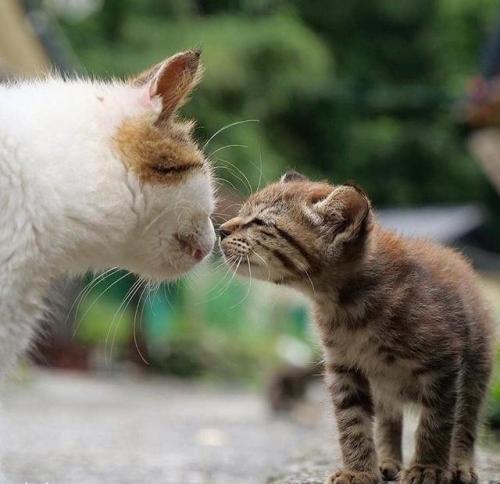

(Source)
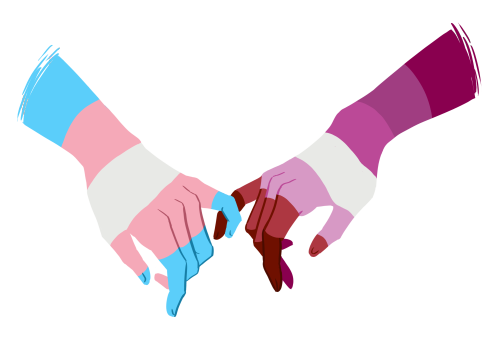
lesbians love and support our trans sisters 💖💖




TIL that the English word “Lord” in the sense of the head of an estate comes from an Old English word of Germanic origins, hlāfweard, later hlāford, later lord.
Normally I wouldn’t remark on my romps through etymology, but “hlafweard” is a compound of hlaf, or loaf, and weard, which means guardian (see also Ward or Warden, etc). Meaning that when you call someone a lord you are calling him an esteemed keeper of the bread.
HEY THERE BREADBOX PETER WIMSEY. LOAF GUARD PALPATINE. BREAD CLIP VETINARI.
Lady also derives from hlaf, but in this case hlafdige or bread kneader. She makes the bread, he monitors it. Women have to do all the work as usual.
Now, the reason I was looking this up was that I wanted to develop a gender-neutral analogue to lord/lady; there are analogues already out there naturally, but the Shivadh must be different and anyway I didn’t like the ones I’d seen suggested online.
Given that the origins of Lord and Lady aren’t all that strongly gendered anyway (they’re about what the person does, not what their gender is), I decided that if a woman is a bread-kneader and a man is a bread-guarder, a nonbinary person should be A BREAD EATER, which would be Hlafetan.
Thus I present to you the gender-neutral analogue to Lord or Lady: Ledan.
ETA: because many have asked, yes this is fine for anyone to use for any reason, I give it to the world. If it’s convenient to link back to my tumblr (or to my author website at extribulum.wordpress.com) that’d be lovely, but don’t feel obliged. Use it in good health, my ledans!
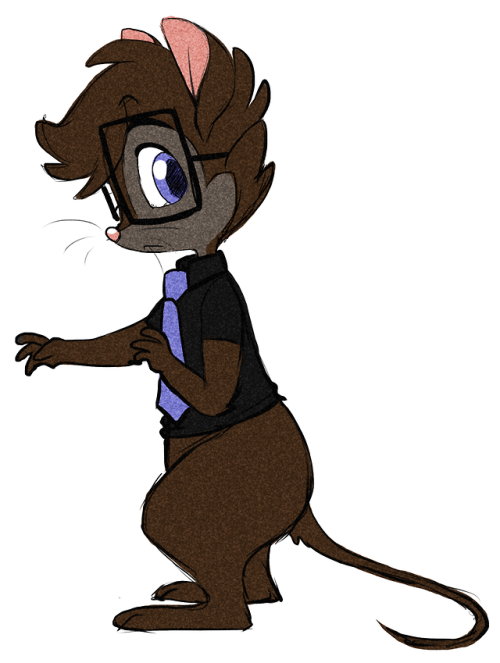
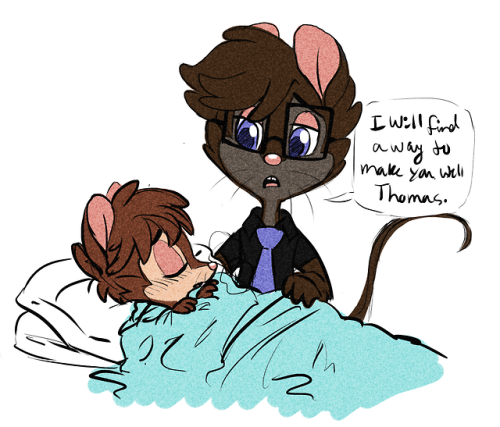
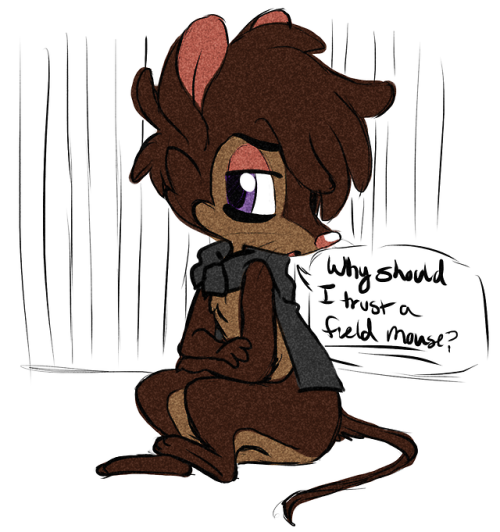
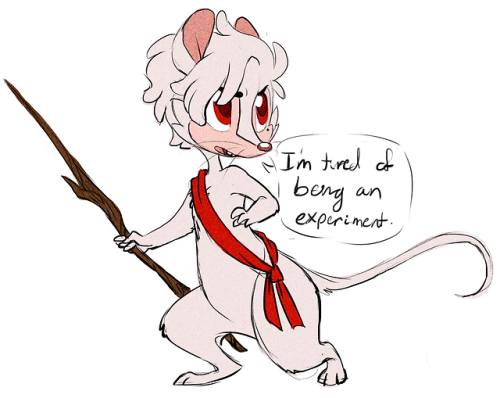
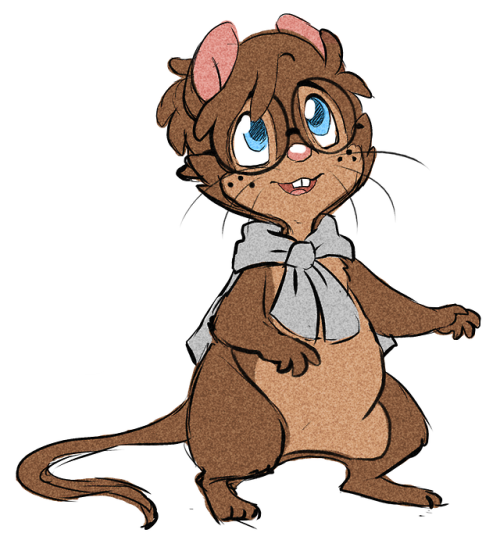

Mouse AU! @sidespromptblog had a prompt talking abut Mouse!Logan so of COURSE I thought of the Rats of NIMH! I really love that book/movie and I wanted to have a spin on it’s main concepts with a twist!
AU information under the cut! (calmd/dlamp)
Keep reading
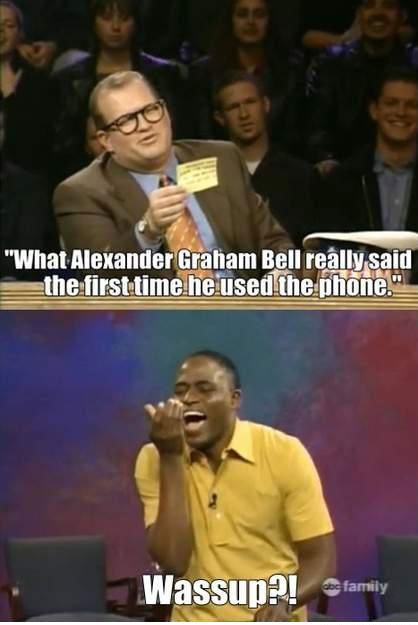








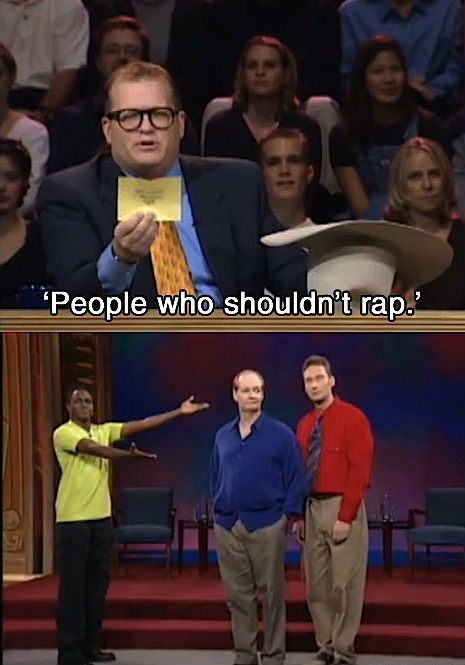
-
 bnhaelectriclove liked this · 1 week ago
bnhaelectriclove liked this · 1 week ago -
 clairaworlds liked this · 1 week ago
clairaworlds liked this · 1 week ago -
 cosmiclattetigeress liked this · 1 week ago
cosmiclattetigeress liked this · 1 week ago -
 oversized-tessen liked this · 1 week ago
oversized-tessen liked this · 1 week ago -
 perennii liked this · 1 week ago
perennii liked this · 1 week ago -
 vitalia15 reblogged this · 1 week ago
vitalia15 reblogged this · 1 week ago -
 vitalia15 liked this · 1 week ago
vitalia15 liked this · 1 week ago -
 s00sul liked this · 1 week ago
s00sul liked this · 1 week ago -
 misty-millow liked this · 1 week ago
misty-millow liked this · 1 week ago -
 fenristheulv reblogged this · 1 week ago
fenristheulv reblogged this · 1 week ago -
 chess-bird liked this · 1 week ago
chess-bird liked this · 1 week ago -
 read-it-away liked this · 1 week ago
read-it-away liked this · 1 week ago -
 loop-hole-319 liked this · 1 week ago
loop-hole-319 liked this · 1 week ago -
 littleminismurf liked this · 2 weeks ago
littleminismurf liked this · 2 weeks ago -
 my619991 liked this · 2 weeks ago
my619991 liked this · 2 weeks ago -
 joekitsu liked this · 2 weeks ago
joekitsu liked this · 2 weeks ago -
 bluereo liked this · 2 weeks ago
bluereo liked this · 2 weeks ago -
 pepperpott3 liked this · 2 weeks ago
pepperpott3 liked this · 2 weeks ago -
 givemethelore reblogged this · 2 weeks ago
givemethelore reblogged this · 2 weeks ago -
 givemethelore liked this · 2 weeks ago
givemethelore liked this · 2 weeks ago -
 headfullbrainempty liked this · 3 weeks ago
headfullbrainempty liked this · 3 weeks ago -
 fatsallylee liked this · 3 weeks ago
fatsallylee liked this · 3 weeks ago -
 caeciliancinema liked this · 3 weeks ago
caeciliancinema liked this · 3 weeks ago -
 mytheralmin liked this · 3 weeks ago
mytheralmin liked this · 3 weeks ago -
 existence-is-useless reblogged this · 3 weeks ago
existence-is-useless reblogged this · 3 weeks ago -
 flying-butter reblogged this · 3 weeks ago
flying-butter reblogged this · 3 weeks ago -
 tabbycatsdream reblogged this · 3 weeks ago
tabbycatsdream reblogged this · 3 weeks ago -
 waterfire1848 liked this · 3 weeks ago
waterfire1848 liked this · 3 weeks ago -
 almakitsune3 liked this · 3 weeks ago
almakitsune3 liked this · 3 weeks ago -
 faythefae liked this · 3 weeks ago
faythefae liked this · 3 weeks ago -
 halcyon-grey reblogged this · 3 weeks ago
halcyon-grey reblogged this · 3 weeks ago -
 usuallyobsessedtmblr liked this · 3 weeks ago
usuallyobsessedtmblr liked this · 3 weeks ago -
 moni48isa liked this · 3 weeks ago
moni48isa liked this · 3 weeks ago -
 goonssquadd reblogged this · 3 weeks ago
goonssquadd reblogged this · 3 weeks ago -
 goonssquadd liked this · 3 weeks ago
goonssquadd liked this · 3 weeks ago -
 kawaiihologramphantom liked this · 3 weeks ago
kawaiihologramphantom liked this · 3 weeks ago -
 reaganann liked this · 3 weeks ago
reaganann liked this · 3 weeks ago -
 aporatael reblogged this · 3 weeks ago
aporatael reblogged this · 3 weeks ago -
 hoardoframpagingqunari liked this · 4 weeks ago
hoardoframpagingqunari liked this · 4 weeks ago -
 mordenandmerry liked this · 4 weeks ago
mordenandmerry liked this · 4 weeks ago -
 catypillar liked this · 4 weeks ago
catypillar liked this · 4 weeks ago -
 fillthelighter liked this · 4 weeks ago
fillthelighter liked this · 4 weeks ago -
 nekcihcetaruccayllacilbib reblogged this · 4 weeks ago
nekcihcetaruccayllacilbib reblogged this · 4 weeks ago -
 nekcihcetaruccayllacilbib liked this · 4 weeks ago
nekcihcetaruccayllacilbib liked this · 4 weeks ago -
 69-toojay liked this · 4 weeks ago
69-toojay liked this · 4 weeks ago -
 carriecarriecatgirl reblogged this · 4 weeks ago
carriecarriecatgirl reblogged this · 4 weeks ago -
 carriecarriecatgirl liked this · 4 weeks ago
carriecarriecatgirl liked this · 4 weeks ago

